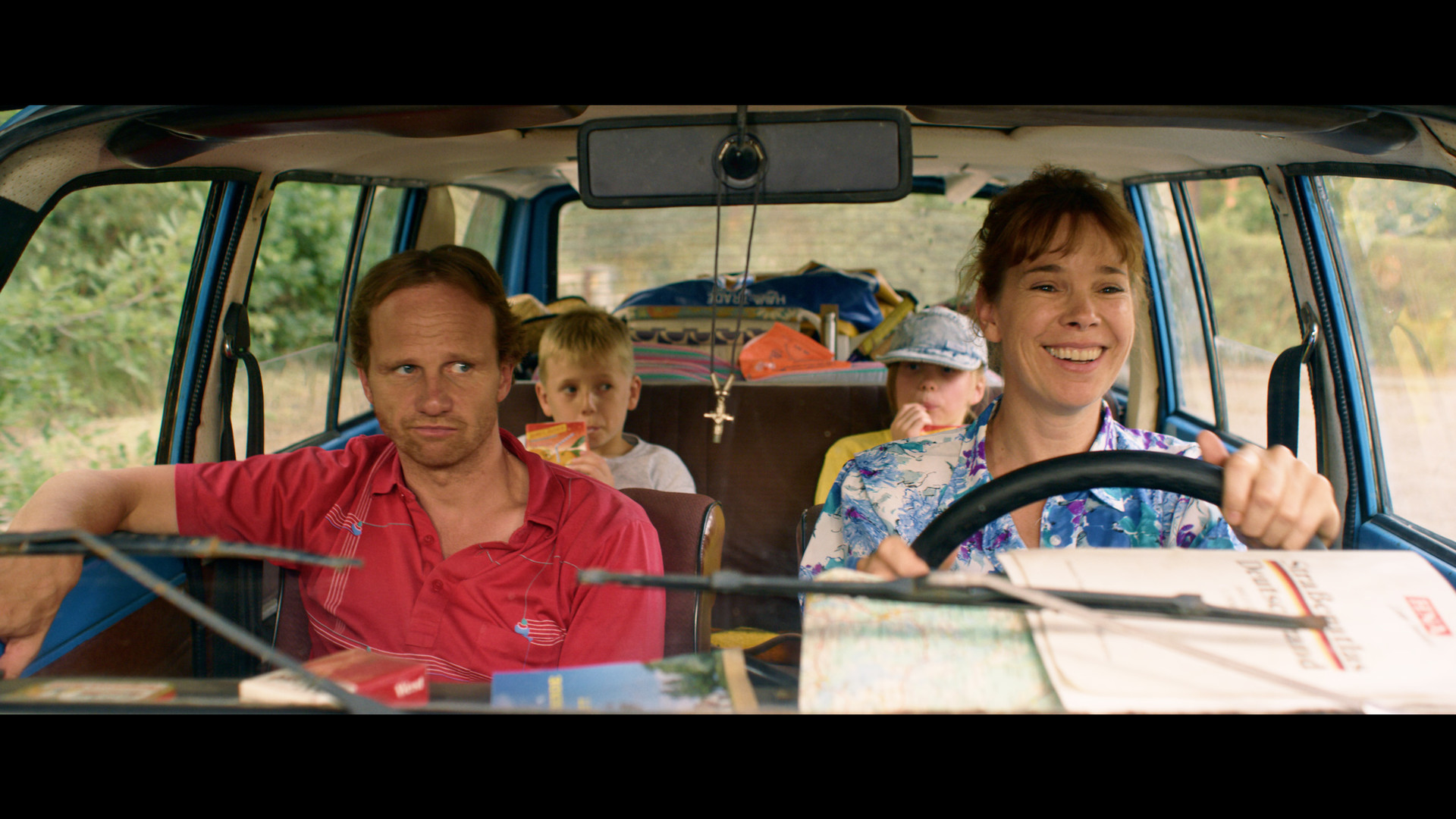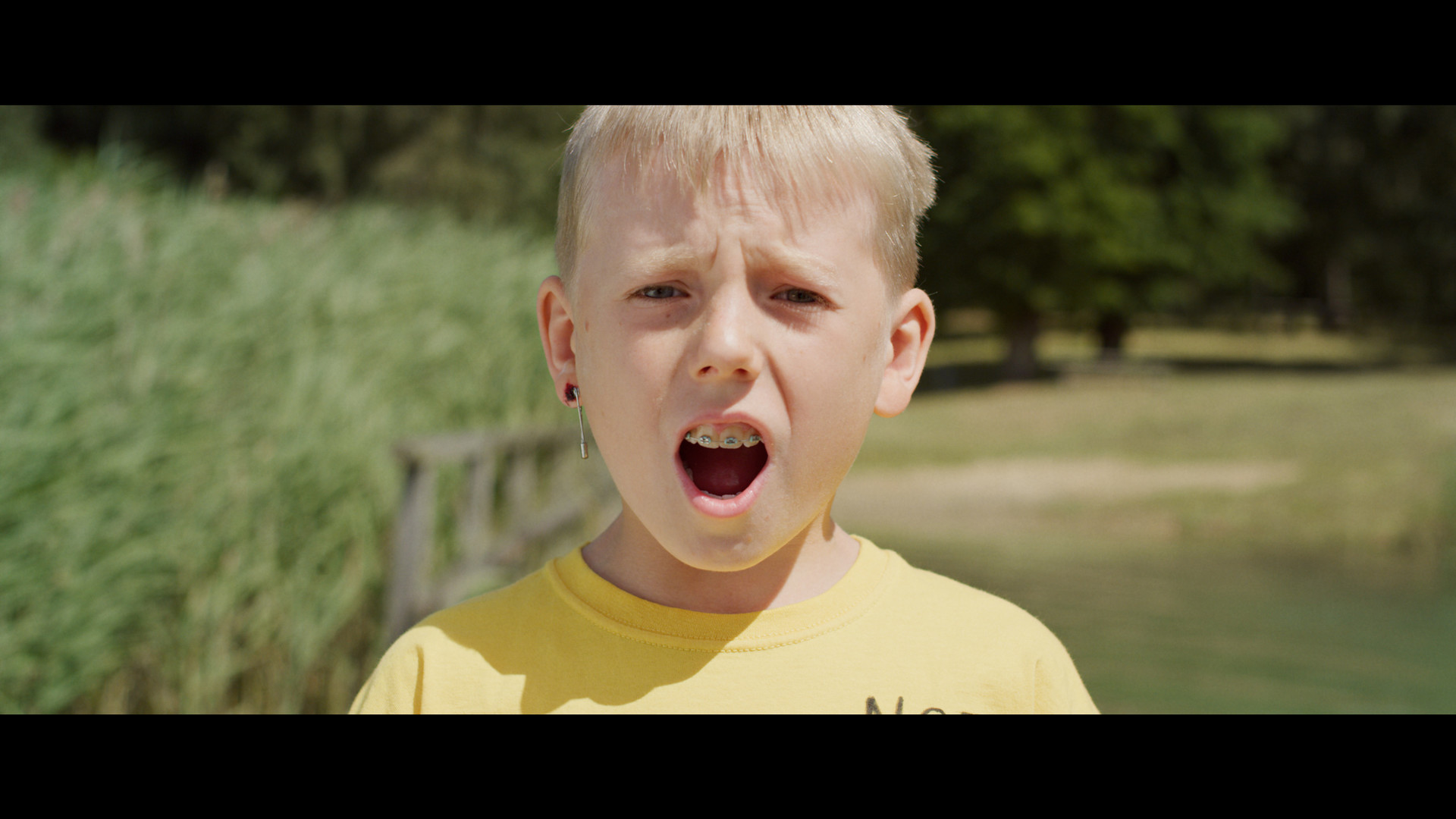It is the hot summer of ‘92. We are 2 years after the collapse of The German Democratic Republic resulting in the Unification of Germany. This is the period of great political and social changes. The clash of colourful Western culture with Post-Soviet reality is meaningful. We see the world where it is difficult for adults to find themselves, and it is even harder for children. How then does a twelve-year-old Mo, the protagonist of the film Lychen 92, cope with prevailing realities?

The main character and his family is unfolded to us during the holidays in Lychen. It is visible from the outset that the film displays an incredibly interesting image of the family that seeks its place on the earth after the transformation. On the one hand, we observe an extremely jealous father whose self-esteem is low and who detests West Germany. On the other, there is also a mother who tries to assimilate with new cultures. These opposite attitudes influence the confused way in which our protagonist perceives the world. The plot is constructed in an unusual way insomuch as the film resembles a child. Indeed, the movie is chaotic and some events that initially might have seemed accidental are extremely important in the context of the whole story. In spite of exploring critical and hard themes, the film subscribe to a casual and humorous stylistics.

The film is not flawless, though. The play of younger actors is quite lousy. However, the play of the older ones seems really convincing. The protagonist’s father takes in Jack Torrance sometimes. Obviously, it would be ridiculous to expect children to show a full range of emotions; however, it may be problematic to comprehend the film clearly without living it up to these expectations.
Lychen 92 is an extremely interesting and successful experiment. The film deals with important and still existing social problems in an original and innovatory style.
Dawid Łupieniak
Translation: Magdalena Nikiel
